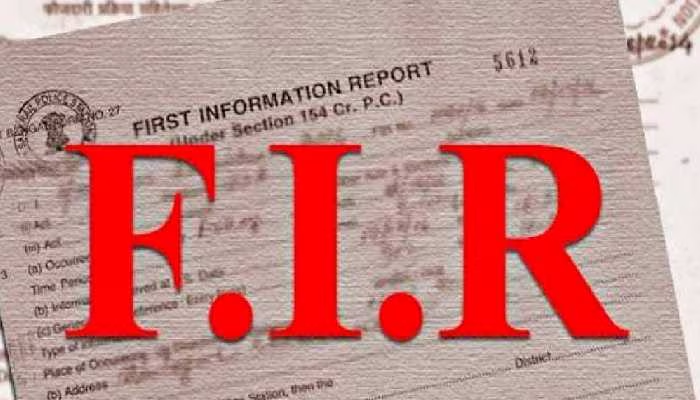In a recent judgment, the Supreme Court decisively ruled that trial courts are not the first port of call for individuals seeking criminal investigations. Before invoking the court’s powers under Section 156(3) of the Criminal Procedure Code (CrPC), informants must first attempt to lodge an FIR (First Information Report) with the jurisdictional police.
The ruling came from a bench comprising Justices Pankaj Mithal and S V N Bhatti, who emphasized that courts are not investigative agencies and cannot be approached without first exhausting alternative legal remedies. The bench stated that a magistrate “ought not ordinarily entertain” an application under 156(3) unless Section 154(3) of the CrPC—dealing with police inaction—has already been pursued.
CrPC Sections Interpreted: Sequential Legal Route Clarified
The apex court performed a conjoint reading of Sections 154, 156, and 190 of the CrPC. It clarified that complainants must first report the offence to the officer-in-charge of the police station. If the officer refuses to act, the next step is to approach the Superintendent of Police (SP).
Only when these efforts fail should one seek relief from a magistrate under Section 156(3) for necessary directions. The judgment reinforces the hierarchical integrity of criminal procedure, ensuring that courts are not unnecessarily burdened with matters that fall within the purview of law enforcement authorities.
Why the Judgment Matters: Preventing Misuse and Protecting Due Process
Legal experts say this ruling closes the door on forum shopping—where complainants bypass law enforcement and rush to courts. By ensuring that every criminal complaint goes through the prescribed channels, the judiciary aims to strengthen procedural discipline and avoid unnecessary clogging of the trial court system.
This clarity also acts as a safeguard for magistrates, ensuring their time is not consumed by cases that have not followed proper administrative channels. It also prevents premature judicial intervention in cases where police remedies could have sufficed.
Limited Exceptions Exist, Says Court
The Supreme Court, however, did not entirely bar court intervention. If all avenues—police station and SP—fail to acknowledge or register the FIR, the complainant can still move the court. But such action must be the last resort, not the starting point.
This reaffirmation of criminal procedural norms reinforces the judiciary’s intent to respect the statutory mandate and uphold the principle that courts should not be the first line of response unless prior remedies are demonstrably exhausted.



